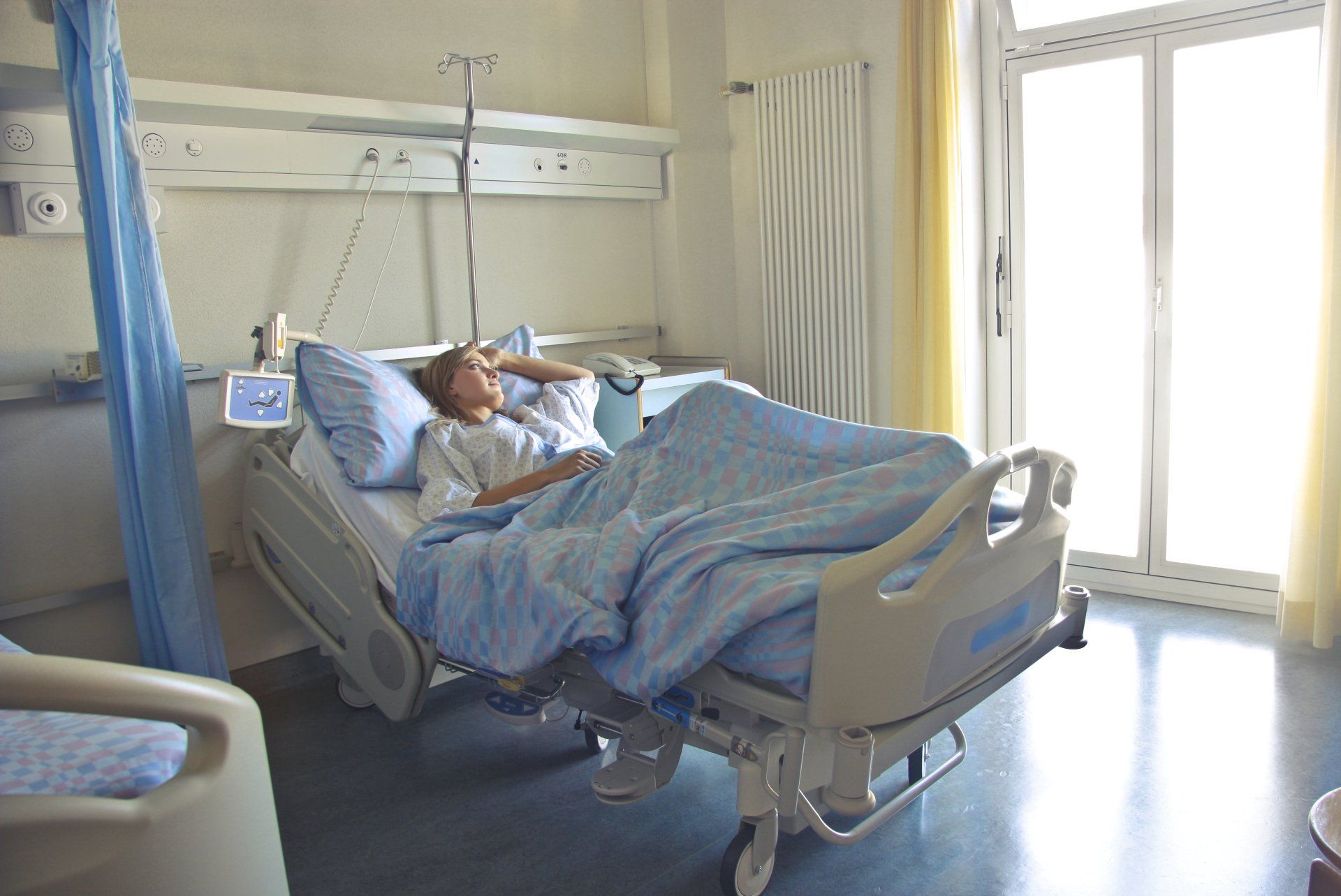What hormones in pregnancy do and how they make us feel

Hormones play a huge role in pregnancy, from getting pregnant, to staying pregnant and bringing us to childbirth. In this article we will explore the role of some of the different hormones in each trimester.
The First Trimester
When you become pregnant, progesterone and oestrogen rise significantly. Progesterone acts as a muscle relaxant, preventing your uterus from contracting until labour starts. However, it is also associated with irritability and mood swings can be a side effect.
Oestrogen helps to regulate progesterone while also sustaining the endometrial lining. It promotes an increase in blood flow, which is important for nourishing the baby, but that extra blood flow has the side-effect of making your breasts achy and tender. It can also lead to that stuffy nose many women experience and can cause you to need a pee more often.
Human chorionic gonadotropin, or hCG, is known as the pregnancy hormone because it’s normally only produced during pregnancy. This is the hormone that shows up in pregnancy tests and is important because high levels of it indicate that the placenta is being created. However, it may also make you feel nauseous.
The Second Trimester
The second trimester is often met with a bit of relief when some of the early pregnancy symptoms may start to ease, but there’s still a lot going on. Your muscles and joints may feel uncomfortable, especially around your pelvis. This is thanks to relaxin, a hormone that helps relax the smooth muscles in the abdomen and pelvis.
Oestrogen and progesterone continue to increase and also stimulate the melanocyte-stimulating hormone. This triggers your skin’s melanocyte cells to produce melanin, which gives your skin colour. Therefore, some women may notice the “mask of pregnancy,” which causes brown or grey patches around the face. You may also notice a dark line appear that goes up your belly, called the linea nigra.
Cortisol also increases during pregnancy, but it’s not necessarily negative—it’s important for the developing baby because it can help regulate your metabolism and control blood sugar levels.
Human placental lactogen (hPL) is a placental hormone that modifies the metabolic state of the mother during pregnancy to facilitate the energy supply to the baby. It also has anti-insulin properties. Your body’s changing reaction to insulin makes a lot of sense in that it’s a time of rapid growth for the baby and a lot of energy is needed for this growth.
The Third Trimester
Your baby is starting to fatten up this trimester and your body is increasing some of the hormones it will need postpartum. Oestrogen and progesterone peak around 32 weeks. You might notice swelling around your ankles and feet and while this can be related to the lymphatic system, oestrogen may also play a role because it’s indirectly involved in synthesizing salt and water retention.
Later in pregnancy, women can also experience heartburn because progesterone has relaxed the sphincter at the base of the oesophagus, allowing food and stomach acid to travel back up. Meanwhile, relaxin helps to loosen those pelvis muscles to prepare for birth.
Prolactin, a hormone that stimulates the development of your breast tissue to prepare for lactation, now ramps up. Prolactin is 10 times higher at the end of pregnancy than it is at the beginning. Though your body doesn’t produce mature milk until progesterone and oestrogen drop after birth of the placenta, it does start to get ready with colostrum, while you’re still pregnant - but I’ll cover more on breastfeeding hormones in a future article.



